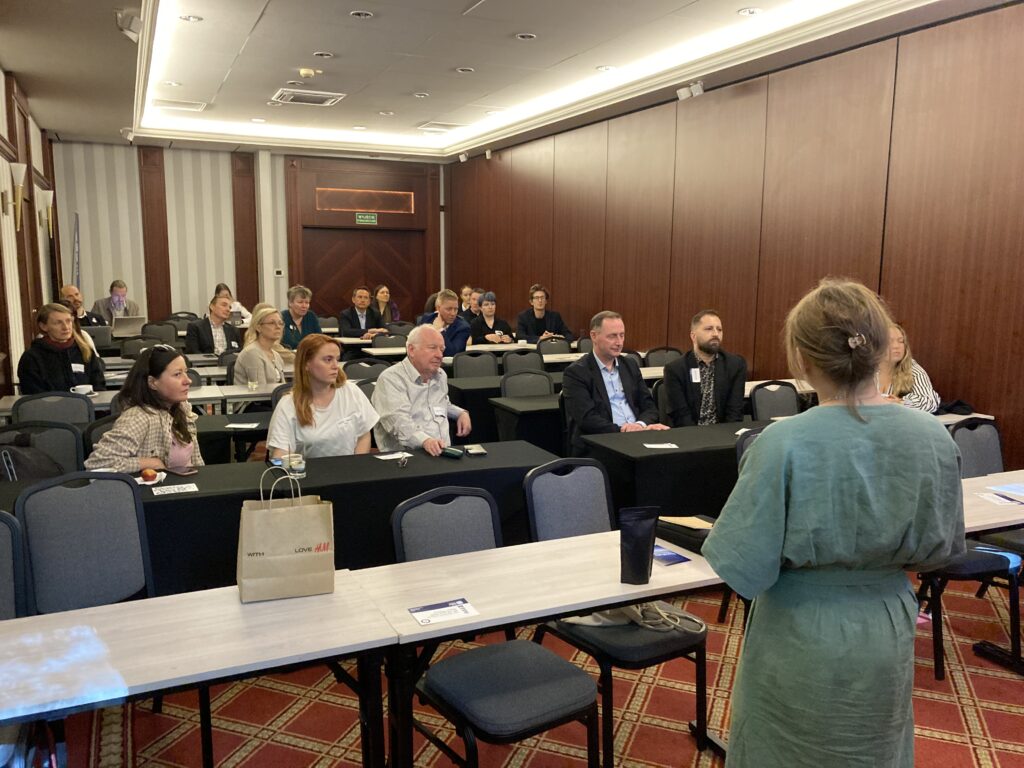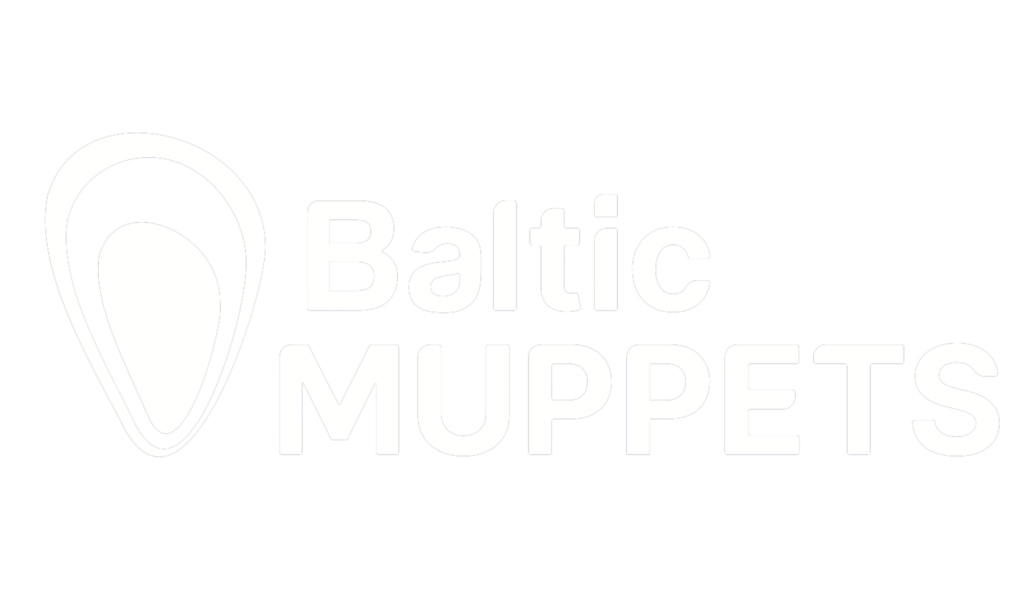
At the 4th Mission Arena in Sopot, Baltic MUPPETS and Round Goby teamed up to explore one important question: How can we transform underused marine resources into sustainable, market-ready products? The workshop focused on the potential of small mussels and the invasive round goby as pet food products while encouraging broader thinking about overlooked species and by-products across the Baltic Sea.
Insights from Ecopelag
Baltic MUPPETS partner Ecopelag highlighted several key barriers that limit the market potential of small mussels in Sweden. Despite their environmental value, these mussels are commercially underutilised due to various structural issues, including the lack of production areas in the Baltic Sea (preventing growing mussels for human consumption), low consumer demand due to the undeveloped market, limited processing infrastructure, and outdated legislation regarding regenerative aquaculture. To unlock this potential, Ecopelag advocates for regulatory adaption in Sweden, investment in scalable processing solutions, and communication strategies aimed at building consumer trust and interest.

Round Goby
The round goby, as an invasive species, poses risks to native Baltic Sea ecosystems, but it also represents an untapped resource. Although this fish is small, difficult to catch, and relatively unknown to both regulators and consumers, it has potential. Pet owners, in particular, are cautious about new ingredients for pet food. To unlock the potential of the round goby, it will be necessary to build trust, develop appropriate processing technologies, and create supportive regulatory frameworks.
Beyond pet food
Participants also identified a broader range of opportunities that are often overlooked: using seaweed for brewing, sediments for fertiliser or construction, zebra and duck mussels for feed or materials, sea stars found beneath aquaculture farms, and marine worms, which are already valued as bait. Although each idea presents its challenges, the overarching message is clear: the Baltic Sea has an abundance of resources. What it lacks are the necessary regulatory frameworks, investment, and creativity to transform these into sustainable products.
With the right support, these initiatives could unlock new value chains and contribute directly to the health and resilience of the sea itself.
You can find more detailed notes from the workshop and the other workshop reports at the Mission Arena 4 website.
